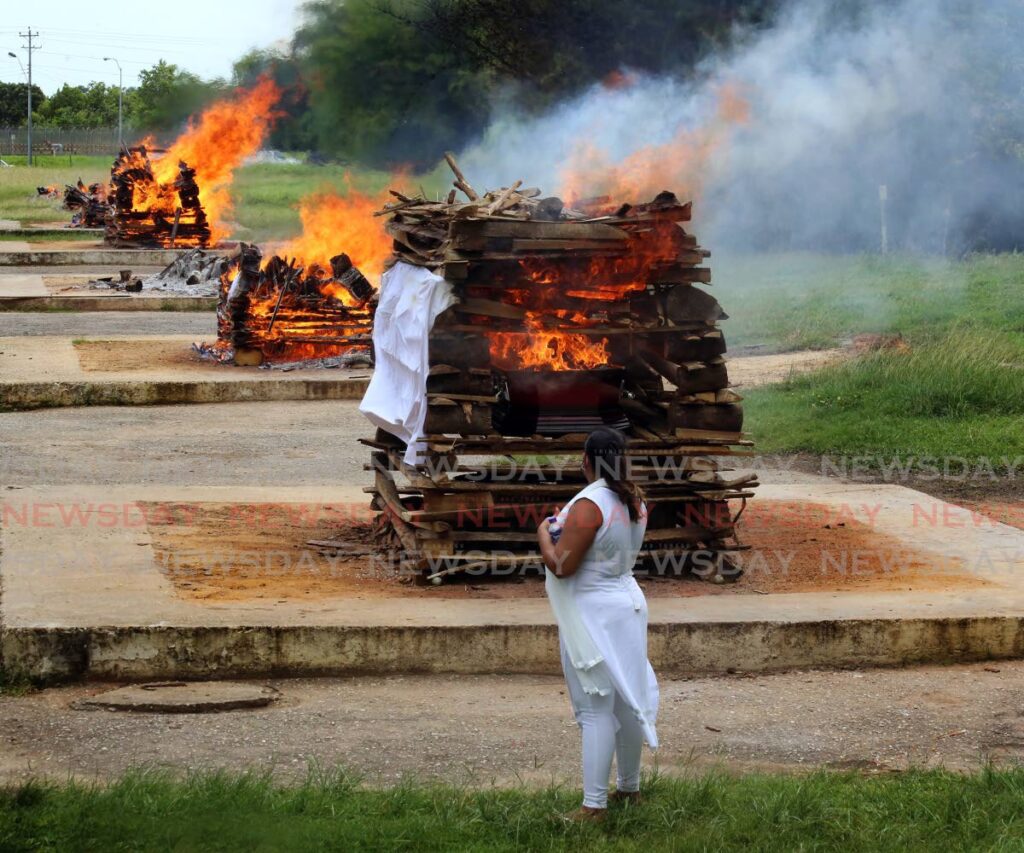Douse the flame

THE QUESTION of whether open-air pyre cremations should be further banned or not has been smouldering for far too long.
Given the sensitive nature of the issue – which engages religious freedoms, the appropriate exercise of government power and public health – it is incumbent on the authorities at least to explain the thinking behind the State’s pause of the practice.
We cannot support inflammatory rhetoric that would encourage wilful defiance of rules at a time when those rules are too often flouted, including by people in authority.
But the failure of the State and medical officials to offer a rationale for this policy has left much room for doubt and has opened the State up to allegations of, at best, lack of caring, at worst, contempt for people who traditionally take part in these rituals for reasons of faith and – by extension – all citizens who are at the mercy of government.
What are the reasons behind the policy? Thus far, the authorities have hidden behind the fig leaf of ongoing legal challenges and refused to advance any basis, even as the understanding of covid19 has shifted and the overall context has changed.
It should not take costly litigation for basic policy positions to be explained to the general public. In fact, an explanation is required upfront to justify this matter being defended in court at the Treasury’s expense.
This is especially so considering the impact the measure has on the population, particularly members of the Hindu community grieving the death of a loved one.
As the pandemic as a whole has reminded us, religious freedoms are not absolute. However, many religions are currently allowed to practise their rituals so long as certain rules and protocols are followed.
In such a situation, it is unclear why open-air cremations cannot be permitted, under strict regulation. Indeed, the rules allow various religious congregations of up to 25 people to gather at burial sites.
Some have argued there is little evidence of risk with regard to these cremations. But even assuming there is risk, the safe-zone policy has provided a template that seeks to manage, not eliminate, risk.
Indeed, the current thinking behind covid19 measures is that we must all learn to live with a degree of risk, armed with the tools of vaccination, regular sanitisation and physical distancing.
The burden on the State’s storage facilities adds another dimension. We agree with the position of pathologist Dr Rajendra Persad, who has argued the ongoing litigation between the State and Hindu groups should be settled, given the astronomical rise in cases due to the delta and omicron variants.
Meanwhile, the State should, as a basic gesture, help defray the cost of differences between open-air cremations and other forms. That at least would shift some of the burden away from the shoulders of grieving people.


Comments
"Douse the flame"